What is Mark Zuckerberg’s net worth?
Most of Mark Zuckerberg’s net worth comes from his stake in Meta Platforms — formerly Facebook — the world’s largest social network. How does he invest his billions?

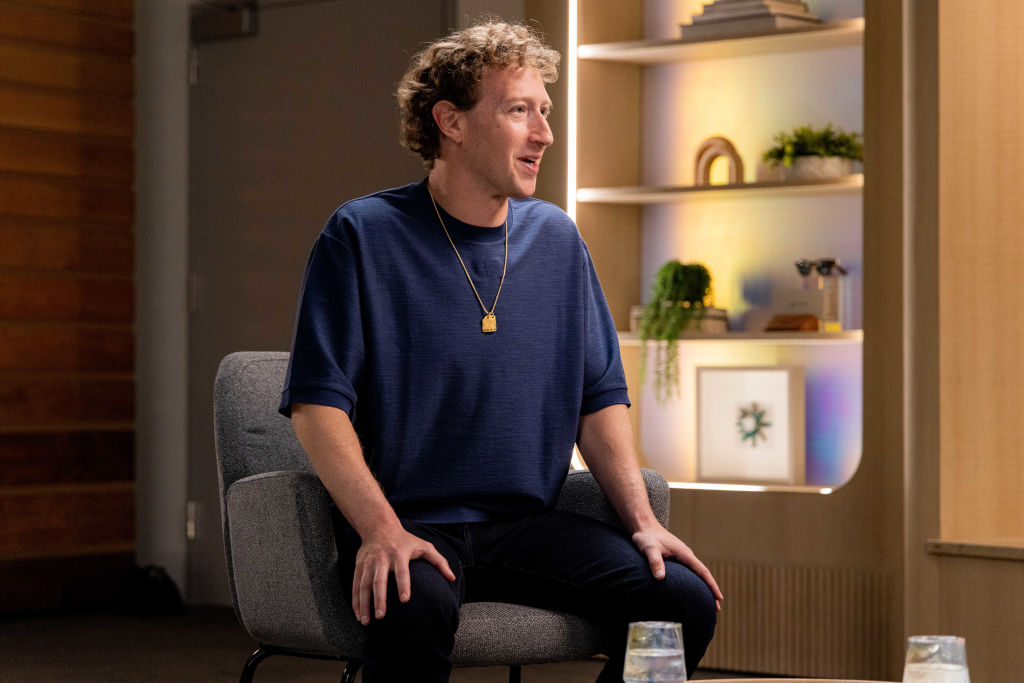
Get the latest financial news, insights and expert analysis from our award-winning MoneyWeek team, to help you understand what really matters when it comes to your finances.
You are now subscribed
Your newsletter sign-up was successful
Want to add more newsletters?
When you think of social media, the first name that almost immediately comes to mind would be Mark Zuckerberg.
And rightfully so — he’s the mastermind behind Facebook and owns several digital communication platforms, including Instagram, Threads and WhatsApp under the Meta umbrella. According to a January 2025 company presentation, Meta Platforms has around 3.4 billion daily users.
This comfortably ranks him as one of the richest people in the world, placing his net worth at $232 billion, according to the Bloomberg Billionaires Index. However, Forbes puts Mark Zuckerberg’s net worth as $227.1 billion.
Try 6 free issues of MoneyWeek today
Get unparalleled financial insight, analysis and expert opinion you can profit from.

Sign up to Money Morning
Don't miss the latest investment and personal finances news, market analysis, plus money-saving tips with our free twice-daily newsletter
Don't miss the latest investment and personal finances news, market analysis, plus money-saving tips with our free twice-daily newsletter
How did Zuckerberg build his fortune and what factors contribute to his net worth today? We find out.
Breaking down Mark Zuckerberg's net worth
Almost all of Mark Zuckerberg’s net worth comes from his ownership stake in Meta, which is about 13%, based on a February 2025 filing. How did it all start?
While Zuckerberg was still a student at Harvard University, he created a website called Facemash, which allowed students to rate the attractiveness of their peers. The site caused controversy and was shut down, but it gave Zuckerberg the idea for a social networking site. He began working on a new project that would eventually become Facebook.
Zuckerberg enlisted the help of his roommates, Dustin Moskovitz and Eduardo Saverin, to build the new site, which they worked on in their dorm room. They launched it on 4 February 2004, initially as thefacebook.com.
It quickly became popular. The site began life confined to the Harvard campus, but as it grew, Zuckerberg and his team expanded it to other universities. The expansion required money, so they reached out to venture capitalists to fund the expansion. As a result, they moved their operation to Palo Alto, California to be among other high-growth startups.
By 2006, the company was worth $525 million. Facebook then opened its doors to anyone with an email address in 2007. When Microsoft bought a 1.6% stake in Facebook in 2007, it added around $240 million in cash to the company. In 2012, the company was worth $104 billion and was, at that time, the largest initial public offering in history.
From Facebook to Meta
Facebook changed its name to Meta in October 2021, signalling a shift in focus towards the metaverse. The metaverse is essentially a virtual universe (think Marvel but for the digital world) with a wide range of applications, from gaming to education to socialising.
While it started with just Facebook, the company soon made several mergers and acquisitions. Some of its high-profile investments include Instagram for $1 billion in 2012 and WhatsApp for $19 billion.
In 2019, Zuckerberg integrated an end-to-end encrypted system for the three platforms. A year later, The Verge reported that he merged Instagram and Messenger chats on both iOS and Android, which was another step in unifying the two social media giants.
So far, it’s been a successful journey for Zuckerberg. In 2024, he cashed in more than $2.2 billion according to a Fortune analysis. The Meta co-founder and CEO’s fortunes shot up by 70% as well thanks to investments in AI, adding around $72 billion to his wealth, the Bloomberg Billionaires Index reported.
According to Business Insider, AI enthusiasm has powered the company’s shares this year, having risen over 17%. Meta now commands a market capitalisation of $1.65 trillion, according to Trading Economics, which now puts the company with the likes of Apple and Amazon in the trillion-dollar club.
Zuckerberg recently executed a series of stock transactions which involved Meta’s Class A Common Stock, totalling around $9.17 million, MSN reports. The shares were priced between $700.72 and $716.20 per share.
Zuckerberg has donated a chunk of his wealth to charity over the years. He founded the Startup Education foundation dedicated to improving the quality of public education in Newark. In 2010, Zuckerberg, Warren Buffett and Bill Gates signed The Giving Pledge, in which they said they would give a majority of their wealth to philanthropic causes. He also donated 18 million Facebook shares to the Silicon Valley Community Foundation to contribute towards housing and children’s education.
Zuckerberg is married to Priscilla Chan, with whom he started the Chan Zuckerberg Initiative. It works on promoting housing affordability, providing economic opportunities and helping eradicate diseases.
Get the latest financial news, insights and expert analysis from our award-winning MoneyWeek team, to help you understand what really matters when it comes to your finances.

Oojal has a background in consumer journalism and is interested in helping people make the most of their money.
Oojal has an MA in international journalism from Cardiff University, and before joining MoneyWeek, she worked for Look After My Bills, a personal finance website, where she covered guides on household bills and money-saving deals.
Her bylines can be found on Newsquest, Voice.Cymru, DIVA and Sony Music, and she has explored subjects ranging from politics and LGBTQIA+ issues to food and entertainment.
Outside of work, Oojal enjoys travelling, going to the movies and learning Spanish with a little green owl.
-
 Is the AI boom a bubble – and will it burst?
Is the AI boom a bubble – and will it burst?Massive spending on AI infrastructure is starting to spook investors, but experts say the bubble doesn’t look like bursting yet
-
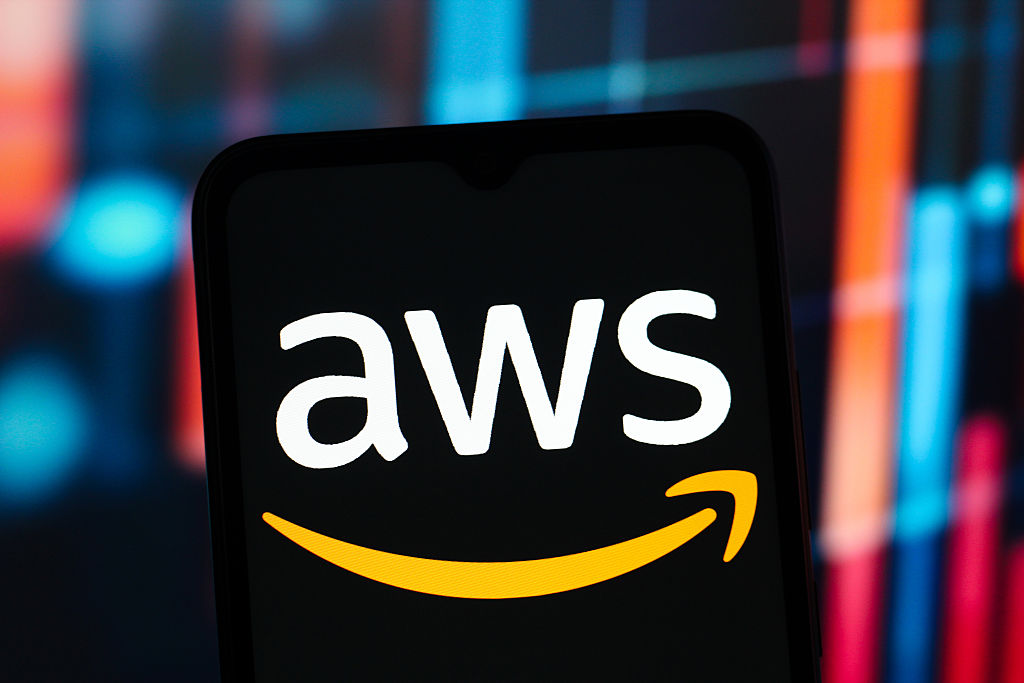 Amazon stock falls as AWS results underwhelm
Amazon stock falls as AWS results underwhelmApple stock rose after earnings on a return to growth in China; Amazon's share price fell despite an earnings beat
-
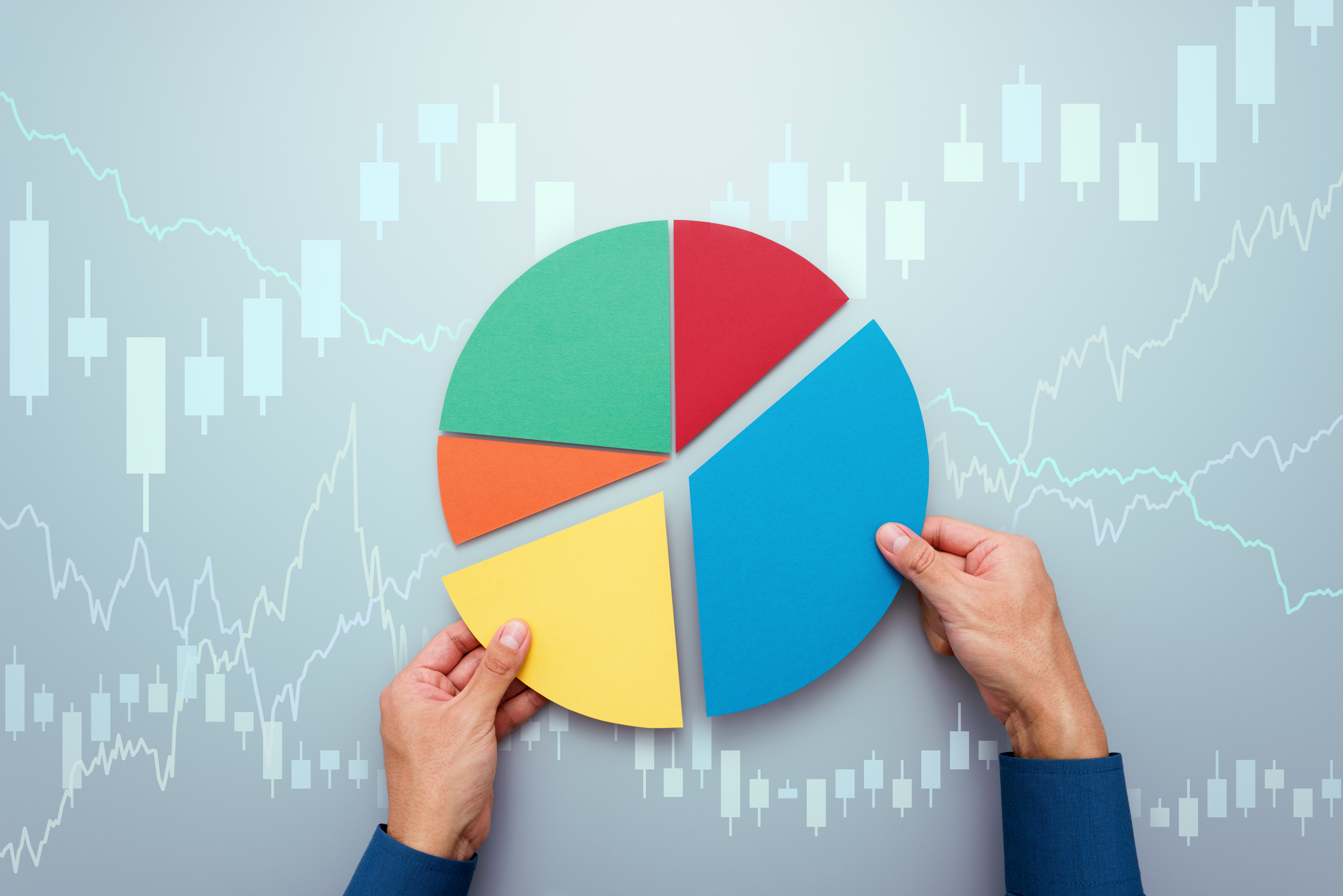 Should you invest in sector funds?
Should you invest in sector funds?Sector funds can be a useful way to fine-tune a portfolio or track a theme, but check what the index holds.
-
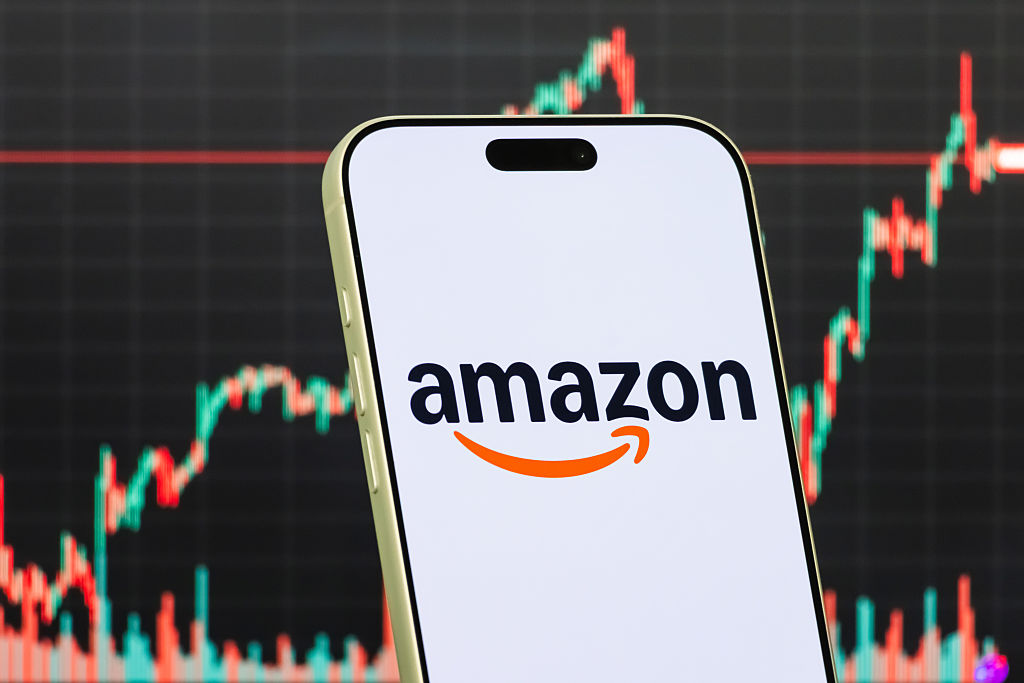 Amazon shares fall on profitability concerns
Amazon shares fall on profitability concernsA big increase in capital spending plans compounded an earnings miss for Amazon following its Q4 results
-
 Is the technology rout over?
Is the technology rout over?Analysis Big tech has reported a bump in revenues leading some to question if the pandemic slump is over
-
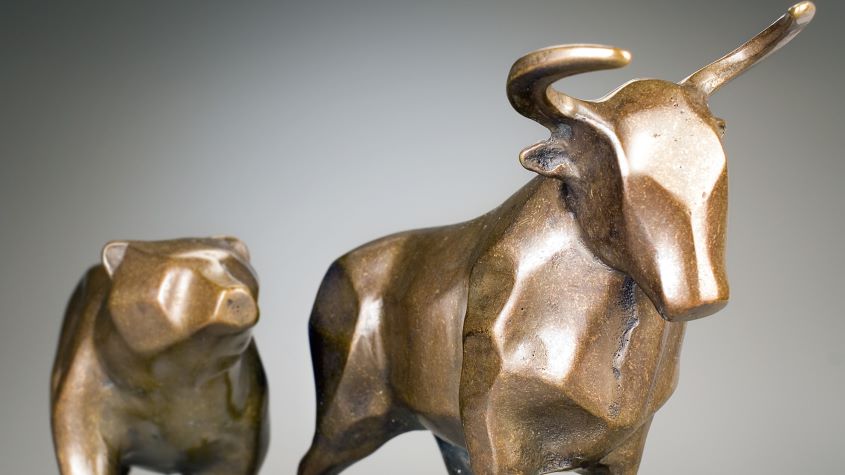 Why equities are going higher
Why equities are going higherAnalysis Equities have started the year on a high, and despite growing concerns about the state of the global economy they could continue to move higher, argues Max King.
-
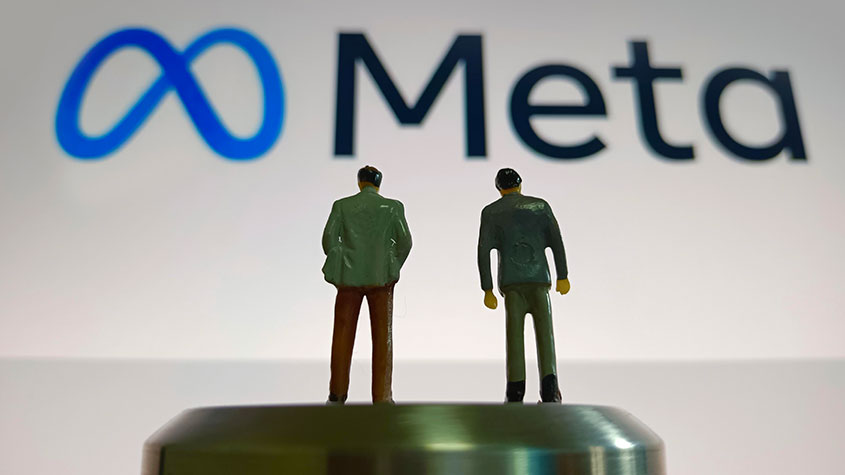 Tech stocks have plunged this year, but is now the time to buy?
Tech stocks have plunged this year, but is now the time to buy?Tips Tech stocks have faced heavy selling pressure this year, although all of these firms have bright futures.
-
 Why Big Tech’s move into medicine is a mistake
Why Big Tech’s move into medicine is a mistakeOpinion The big tech companies have long wanted a slice of the medical action, and now they are moving in. They are making a big mistake and will fae a huge backlash, says Matthew Lynn.

